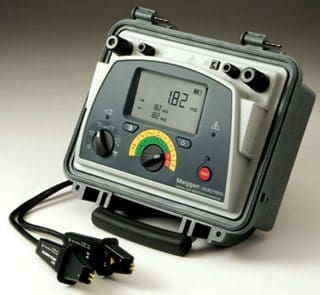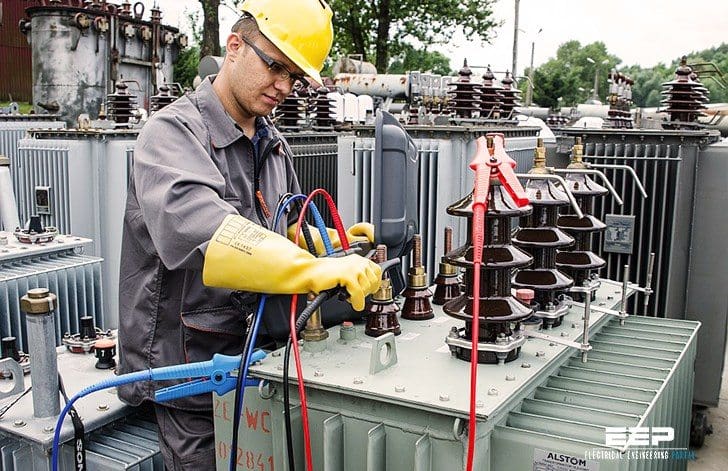KyleFowler
Member
- Location
- Maryville, TN
- Occupation
- Electrician
My employer is working on at an old textile factory that shut down in the early 2000s, sat dormant for 20 years and is now being turned into a large warehouse. We are taking out old metal halide highbays and replacing them with LED highbays. All the LED highbays are being wired 208v because there is no neutral available for 277v with the 480v running through the factory. 480v LED highbays apparently cost a bit more and are special order. I'm assuming the service is 480v delta.
To cut to the chase one disconnect that feeds a 30kva 480 delta to 208/120v wye dry type transformer all the sudden keeps blowing fuses. Also this part of the factory, now warehouse, was wired "old school" with one large 400 amp overhead feeder with power taps along the way that supplies this transformer and alot of other transformers throughout. I added this information in because the 1600 amp main breaker that supplies the 400 amp feeder is tripping as well intermittently. Apparently both problems started up at the same time.
Other employees have looked at all the connections and the switchgear and say everything looks fine. They believe that the transformer is bad. It's probably from the late 70s to mid 80s. I am being sent to troubleshoot the problem tomorrow because they think I'm a miracle worker or something lol.
I have never meggered a transformer before and Google is light on helpful info. Can I megger a transformer with a standard megger? Can I just turn off the primary and secondary disconnect to the transformer and go from a high voltage lug to ground, then the low voltage lug to ground, and finally from the high voltage lug to the low voltage lug? Any special instructions?
To cut to the chase one disconnect that feeds a 30kva 480 delta to 208/120v wye dry type transformer all the sudden keeps blowing fuses. Also this part of the factory, now warehouse, was wired "old school" with one large 400 amp overhead feeder with power taps along the way that supplies this transformer and alot of other transformers throughout. I added this information in because the 1600 amp main breaker that supplies the 400 amp feeder is tripping as well intermittently. Apparently both problems started up at the same time.
Other employees have looked at all the connections and the switchgear and say everything looks fine. They believe that the transformer is bad. It's probably from the late 70s to mid 80s. I am being sent to troubleshoot the problem tomorrow because they think I'm a miracle worker or something lol.
I have never meggered a transformer before and Google is light on helpful info. Can I megger a transformer with a standard megger? Can I just turn off the primary and secondary disconnect to the transformer and go from a high voltage lug to ground, then the low voltage lug to ground, and finally from the high voltage lug to the low voltage lug? Any special instructions?


